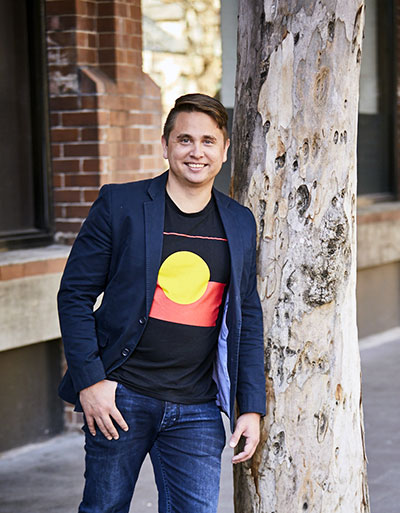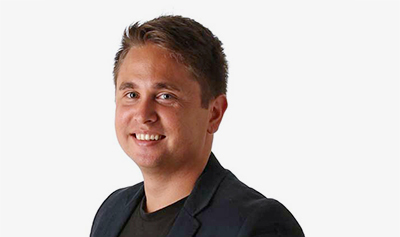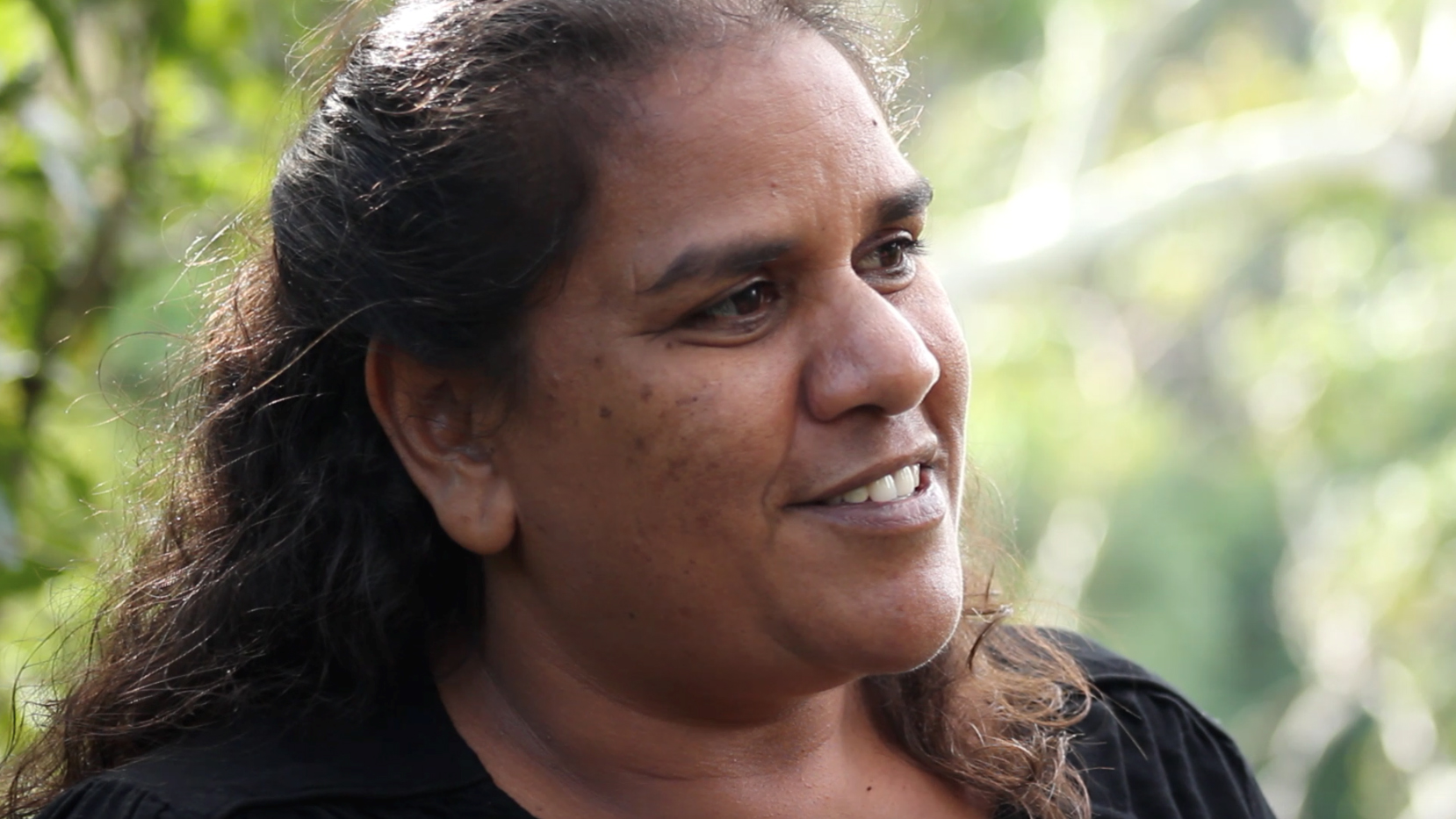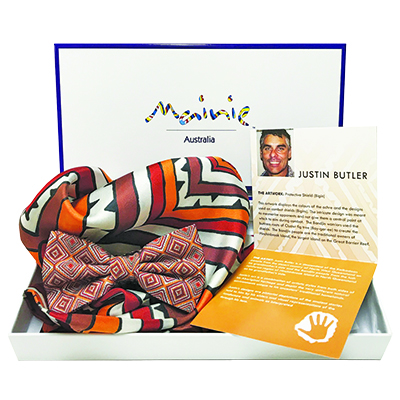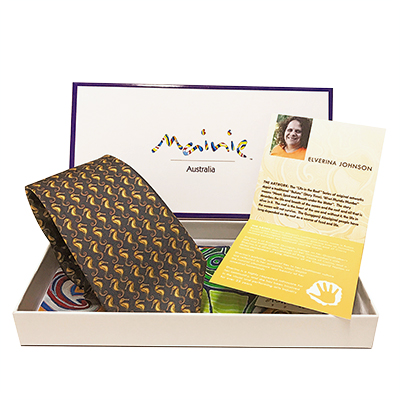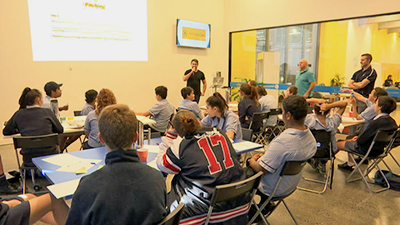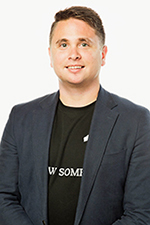NOMINATIONS will close soon for the Queensland Resources Council's (QRC) annual Indigenous Awards which celebrate excellence in Aboriginal and Torres Strait Islander participation in the state’s resources sector.
QRC chief executive Ian Macfarlane said the awards, presented during National Reconciliation Week, provide the opportunity to showcase exceptional performance by Indigenous and non-Indigenous individuals, businesses and the support of their companies.
“It is our hope that the award winners will go on to be ambassadors for the sector, acting as role models and encouraging more Indigenous people to join our sector,” Mr Macfarlane said. 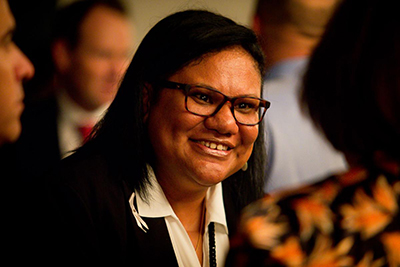
“The awards are designed to celebrate the achievements of those companies and individuals making a real difference and to inspire others to do the same.
“As a sector that largely operates in regional and remote communities with Indigenous populations, bridging the divide with tangible opportunities is of great priority.”
Mr Macfarlane said in 2006, Indigenous people made up 3 percent of the Queensland’s workforce in resources, but by 2016 Indigenous participation had grown to 4 percent.
"Queensland’s Indigenous population is 4 percent, which places the resources sector as one of the few industries with a genuine representation," he said.
The awards are presented at the event on May 28, with nominations closing on April 23.
QRC is accepting nominations across six award categories:
• Indigenous Advocacy Award which recognises Indigenous or non-Indigenous individuals that have demonstrated outstanding effort to encourage, promote and advocate for increasing Indigenous participation within the resources sector;
• Exceptional Indigenous Person in Queensland Resources Award which recognises exceptional achievement by an Indigenous person working with the Queensland resources sector in any occupation or profession;
• Exceptional Indigenous Business in Queensland Resources Award which recognises exceptional achievement by an Indigenous business supplying the Queensland resources sector;
• Best Company Indigenous Procurement Initiative Award which recognises companies that have developed and maintained strategies that enhance supplier diversity and support increased Indigenous business participation within resources sector supply chains;
• Best Company Indigenous Employment and Training Initiative Award which recognises companies that have developed and maintained strategies that enhance the attraction and retention of Indigenous people in the Queensland resources sector; and
• Exceptional Indigenous Queensland Minerals and Energy Academy Student Award which recognises exceptional achievement by an Indigenous student at a QMEA school who has shown significant promise and passion for a career in the Queensland resources sector.
For more information and to nominate, click here.
www.qrc.org.au
2017 INDIGENOUS AWARDS
QUEEENSLAND’s resources sector staged its fourth annual Indigenous Awards in 2017, in partnership with platinum sponsor Rio Tinto.
Rio Tinto Weipa operations general manager Dan van der Westhuizen highlighted at the event that in Weipa the company's Aboriginal Agreements with Traditional Owners underpin all activities.
“It’s fundamental that the prosperity generated from our operations is shared across the region and our indigenous employment and retention programs ensure that Local Aboriginal people from the Western Cape region not only have access to employment, but have the opportunity to be developed into professional and leadership roles within our business,” Mr van der Westhuizen said.
“I’m pleased to see 27 percent of our workforce represented by indigenous Australians which could not have been achieved without continued collaboration with our community partners.” 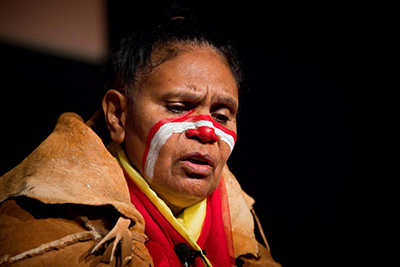
The 2017 Indigenous Advocacy Award was shared between Incitec Pivot Limited’s Davina Shearer and Glencore’s William Blackley.
“By delivering above and beyond expectations through their advocacy work both Davina and William have shown exceptional leadership which has contributed to an increase in indigenous participation in the sector,” QRC chief executive Ian Macfarlane said.
BHP Billiton’s Theresa Saylor took out the Exceptional Indigenous Person in her role as an Integrated Remote Operations Centre (IROC) controller.
“Theresa demonstrated aptitude, enthusiasm and an ability to build strong relationships with employees on site and is always willing to provide training and coaching to her peers,” Mr Macfarlane said.
QRC’s most recent data showed that resource companies spent $50 million with about 60 indigenous businesses last financial year, which naturally translates into further indirect employment opportunities for indigenous people.
Wonie Yusia from Wavell State High School and Kaitlyn Tobane from Blackwater State High School both triumphed in a new category to be joint winners in the Exceptional Indigenous Queensland Minerals and Energy Academy (QMEA) award.
“These two bright young minds have excelled academically, in attendance and in sharing their knowledge to other students in the classroom,” Mr Macfarlane said.
More than 300 people attended the 2017 awards ceremony, opened with a welcome to country by indigenous Songwoman Maroochy Barambah.
Full list of award winners:
BEST COMPANY INDIGENOUS PROCUREMENT INITIATIVE WINNER Woorabinda Aboriginal Shire Council, BHP Billiton Mitsubishi Alliance and BHP Billiton Mitsui Coal HIGHLY COMMENDED Rio Tinto Amrun Project
BEST COMPANY INDIGENOUS EMPLOYMENT AND TRAINING INITIATIVE WINNER Rio Tinto Weipa HIGHLY COMMENDED Thiess
EXCEPTIONAL INDIGENOUS BUSINESS WINNER Jetzak Media RUNNER UP Barada Barna Aboriginal Corporation
EXCEPTIONAL INDIGENOUS PERSON WINNER Theresa Saylor, BHP Billiton HIGHLY COMMENDED Lee Darvell Rio Tinto Weipa
UP AND COMER Cameron McCartney, Mt Isa Copper
NEWCOMERS Eduwano Woolla, Goodline Edmund Woolla, Goodline
INDIGENOUS ADVOCACY AWARD JOINT WINNERS Davina Shearer, Incitec Pivot William Blackley, GlencoreHIGHLY COMMENDED Irene Leard, Jangga Operations
EXCEPTIONAL INDIGENOUS QMEA STUDENT AWARD JOINT WINNERS Wonie Yusia Wavell SHS Kaitlyn Tobane, Blackwater SHS.
ends
